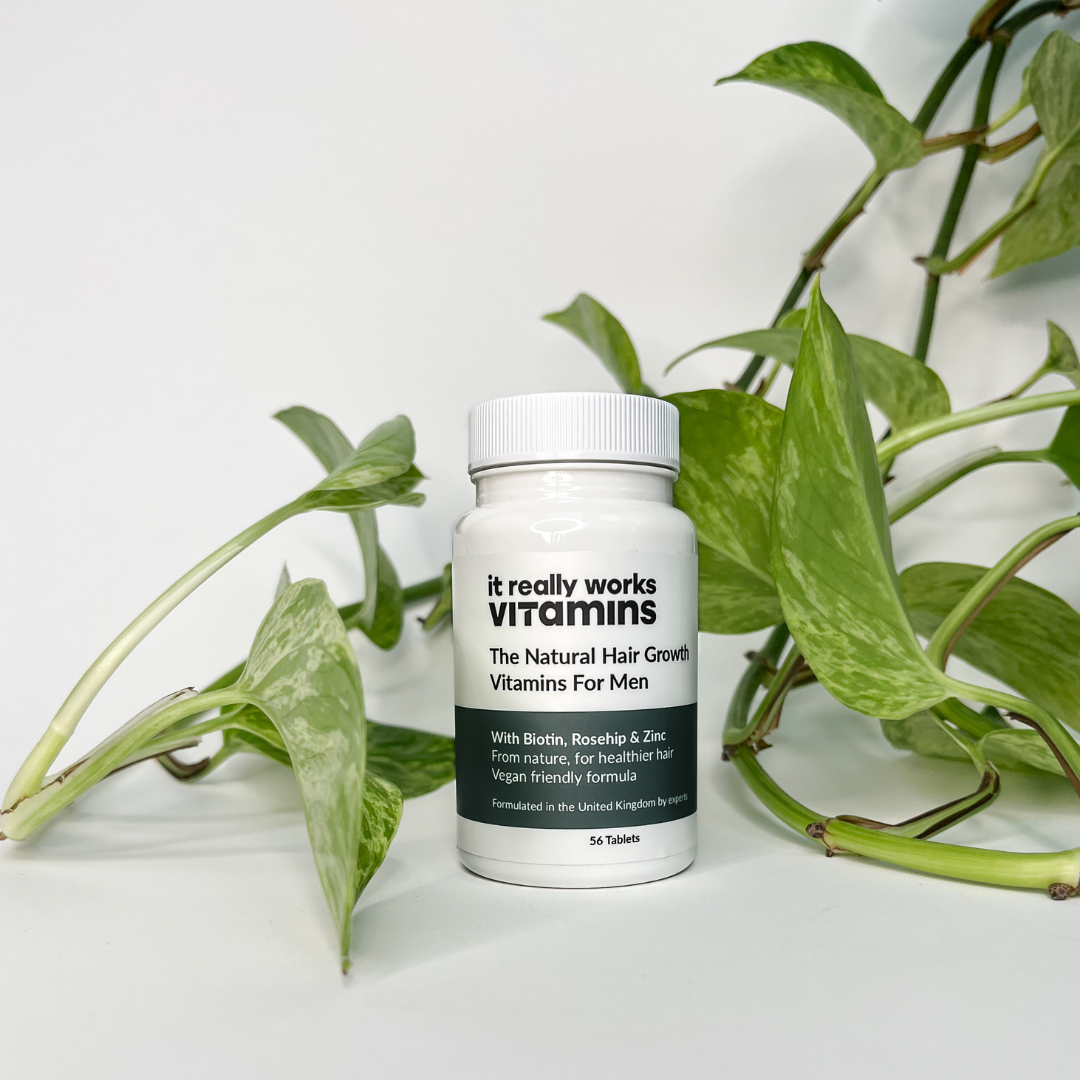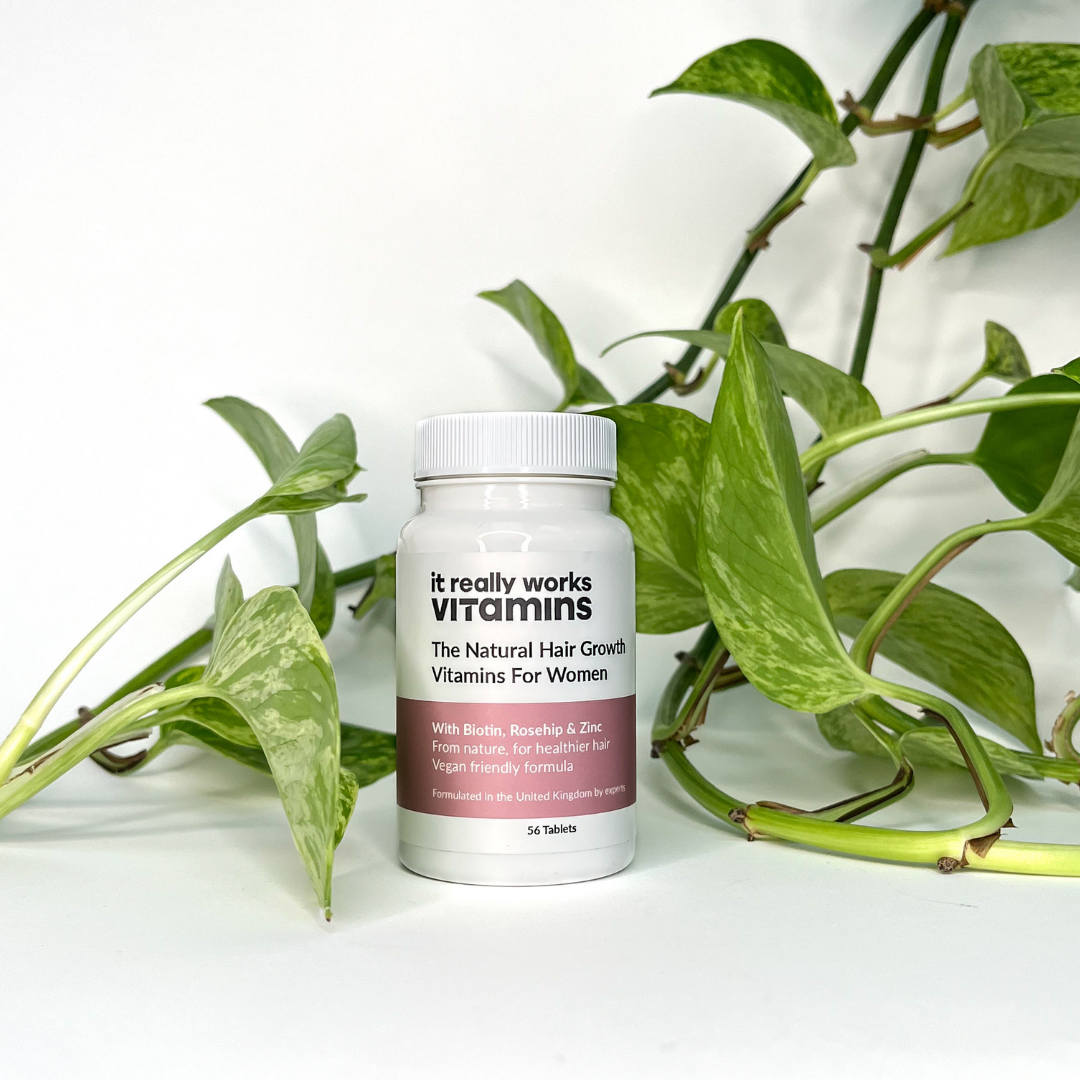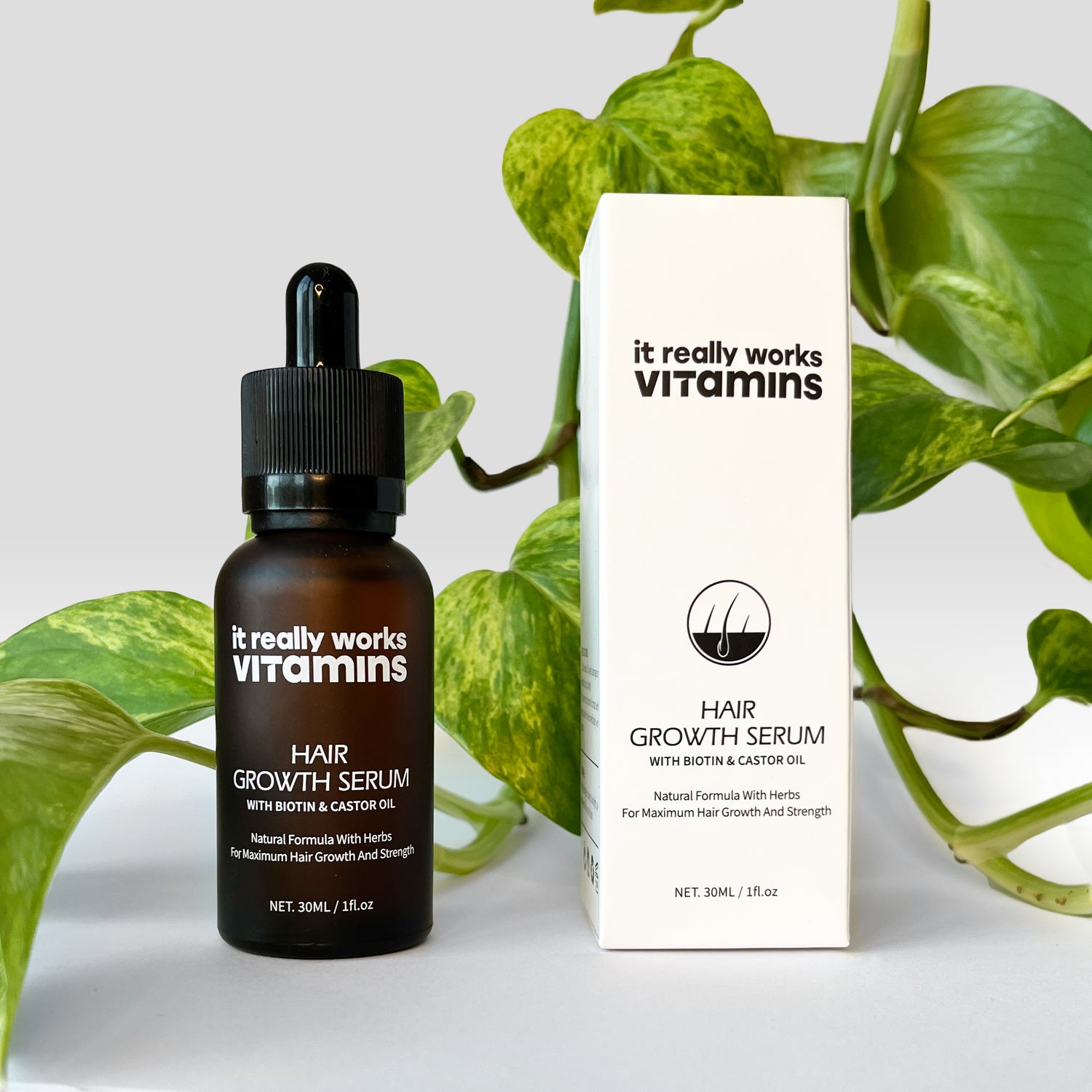To start with, there is an association between hair loss and stress. However, not all hair loss is connected to stress.
We have to mention these first of all as it’s a good idea to speak to your doctor, in case any of the following factors could be triggering your hair loss:
So these include:
- Male or Female Pattern Baldness
- Medications used to treat certain illnesses.
- Illnesses such as:
- Thyroid disease,
- Alopecia,
- Hodgkin’s syndrome,
- Flu,
- Syphilis
- Iron deficiency anaemia

Some medication that treats conditions such as:
- Arthritis,
- Depression,
- Cancer,
- High blood pressure etc. can also lead to hair loss.
What is stress?
Stress is when our body reacts to pressure and when it does, some hormones (chemicals) are released. Two hormones are famous for stress – cortisol and adrenaline. Adrenaline is also known as epinephrine.
These two hormones are produced in the adrenal glands. We have a pair of it, one to one kidney, sitting on each kidney. The adrenal gland has an outer cortex, where cortisol is produced, and an inner medulla where adrenaline is produced.
Cortisol is usually released when the body is going through long periods of stressful conditions like having to deal with an injury or illness, having to overwork the body repeatedly and consistently etc. this kind of stress is called long-term stress and cortisol is the key player.

Adrenaline on the other hand is usually released when the body is undergoing temporary stressful situation especially when we are in danger or perceived danger and have to either flee or face it head on.
A notable example is walking on the street and you suddenly hear the sound of gun shots. Your quick response at that time will be to temporarily run away from the direction of the gunshot or take cover at the nearest haven. This kind of stress response is called the flight-or fight response and its short term. This is not the type of stress that can result in hair loss; it is the long term stress that is linked to hair loss.
Meeting deadlines at a short notice or short preparation time can also induce the short term stress thus helping us perform certain tasks; constant stress could increase the risk of different health conditions such as diabetes and cardiovascular diseases.
Stress, according to Kimyai-Asadi and colleagues, doesn’t just have an effect on our hair, it can also cause a variety of skin issues like psoriasis, atopic dermatitis, pruritus, and urticaria
Stress has also been found by studies to affect the hair cycle via the administration of adrenocorticotropic hormone (ACTH).

ACTH is the hormone produced in the brain and carried in the blood to the adrenal cortex where it triggers production and release of cortisol.
So let’s talk about hair loss.
Normally, the human hair growth occurs in four different phases.
Our scalps have an average of 100,000 hair follicles.
As you might remember from some of our other videos, each of the hair follicles exists in a different phase of the hair growth cycle.
- Anagen phase
- Catagen phase
- Telogen phase
- Exogen phase
The developing phase of hair, where growth begins, lasts two to seven years, is known as Anagen phase.
This is followed by a short, two-week phase that occurs when the hair follicle begins to fall away known as Catagen.
Followed by this is a resting phase known as Telogen.
And the final phase, Exogen where follicle sheds the hair and starts new growth.
Now, let’s look at the different types of hair loss linked to stress. Hair loss exists in three (3) types.
- Telogen effluvium
- Alopecia areata then lastly,
- Trichotillomania
Telogen effluvium: This type of hair loss happens in the resting phase or the– telogen phase. Growing hair follicles are affected and they simply get weakened. This eventually leads to hair loss since hair grow from the follicles.

This usually affects the hair on the scalp and you can easily know you have telogen effluvium when your head is patchy especially towards the centre. What this means is that you can still have hair on other parts of your head other than the centre.
But in more serious circumstances, you may witness hair loss on other parts of the body
Telogen effluvium is considered the second most common type of hair loss and it’s not particular to either gender.
Hair loss due to telogen effluvium can grow back and its effect is not long-term on the hair follicles.
However, the cause of telogen effluvium will determine if your hair grows back in a few months or takes longer.
Alopecia areata: This is an autoimmune disease that has an immune related response affecting both genders and all age groups.

It happens when your immune system attacks your hair follicles.
This can be caused by stress and can lead to full body hair loss. The effects here are loss of hair in circular patches on the scalp or across the entire scalp.
In extreme cases, hair is lost from the entire body.
Regrowth may occur, however it can be disturbed if you are stressed again.
In the Unites States, it is estimated that over six million people are affected. Some prescription medication exist that may be helpful to people with over 50 percent hair loss however, there is no documented cure for Alopecia Areata.
Trichotillomania:
This is a habit where a person develops a feeling to pull out hair from their scalp, eyelashes or other parts of the body.
It is also known as hair pulling disorder, and is an impulse disorder so the hair pulling happens without much thought.
Other times, hair pulling could be deliberate as a way to get rid of stress.
Trichotillomania is common in preteens, and once developed can last throughout adulthood.

Treatment
So let’s talk about the things you can do to slow down hair loss
- Managing stress levels
- Supplements
- Avoid harsh hair treatments
- Home remedies
- Acupuncture
First things first - if you feel that your hair loss is related to stress, then managing your stress is your first priority.
So how can you manage your stress levels?
- Exercise
- Change your lifestyle
Exercise!
You can even opt for Yoga which involves solitude, meditation and taking deep breaths, help you ward off stress.
Change your lifestyle changes! This often means you just have to stop doing certain harmful things or stop surrounding yourself with negative vibes or even speak up if you’re going through emotional tensions.
For instance, if you are a smoker, it is time to quit the sticks!
See our video for more information on smoking and hair loss!
Scientists have established how smoking can lead to hair loss.
It does so by impairing how the enzyme system in the hair follicle operates.
This enzyme system is called follicular protease/anti-protease system and it is involved in remodelling tissues when the hair is undergoing a regrowth process.
Protease is an enzyme that breaks down proteins into amino acids. It can also digest connective tissues and they are found everywhere in the body. They also have other functions other than this. An anti-protease opposes the actions of protease. Smoking simply increases the activity of proteases and hinders the actions of anti-protease that usually puts the activities of protease in check. So I know that that’s scientific and dense:
So what we’d have will be increased breakdown of the hair follicles. When they do, the hair cannot grow.
Next up, you can protect your hair against damage whilst slowing down hair loss by avoiding harsh products or even harsh hair treatment. For in stance the following are not good for the health of your hair:
- Hot oils
- Hot curling irons
- Hair bleaching
- Hair straightening
- Hair straightening chemicals
- Combing wet hair.
All these damage our hair follicles and can cause hair loss tips.
Hot water, for instance, robs our scalp of natural oils, which, in turn, makes the scalp dehydrated, and makes our hair brittle, and prone to breakage.
Also, if you must comb your long hair when it is wet,use a wide-toothed comb or better still, let your hair air-dry before styling it. This is because the hair is more fragile when it is wet and can readily break or pull out while combing it.
For slowing down hair loss consider:
- Anti-dandruff shampoos
- Healthy hair creams and oils
- Scalp massage
Anti-dandruff shampoos – yes to them!
Anti-dandruff shampoo prevents the build-up of flakes and itching on the scalp. If the itching is not taken care of, it can lead to inflammation of the hair follicles and consequently, can lead to hair loss.
Healthy hair creams, oils and products: You can opt for castor oil, topical minoxidil and topical corticosteroids.
You may also want to try Topical minoxidil (Rogaine) can be found in different forms such as cream, spray or foam. It’s an over-the-counter (OTC) medication, can be applied directly on your scalp, eyebrows or beard twice daily.
It’s important to remember that once you stop using this treatment, your hair loss can return, and at a greater rate than before.
Minoxidil is believed to elongate the growth phase and it can take up to four months for the results to become noticeable.
Another great tip is to massage your scalp every morning and night. Doing so helps to stimulate your hair follicles to grow new hair.
So what are the simple home remedies that can remedy hair slow or slow them down?
- Egg masks
- Green tea
- Yoghurt
- Chicken
- Consumption of onion juice
- Caffeine
- Apples and Grapes
- Garlic
- Ginseng
Egg masks have been asserted as effective in this regard because eggs contain zinc, iodine, phosphorus, and sulphur, etc. which are vital in promoting hair loss.
Green tea has been proven to contain antioxidants which are very helpful in stimulating hair regrowth and preventing hair loss as well.
For folks who have no qualms taking yoghurt, Greek yoghurt comes highly recommended (contains vitamins B5 and D) but has to be taken with honey for maximum effect.
Wait for this, chicken comes to the rescue, too. Surprising, right? Chicken contains high quality protein which reduces hair loss as well as strengthens your hair. So, start eating chicken!
How about consumption of onion juice? It can stimulate growth of hair follicles.
Caffeine promotes the production of cells including hair cells and hence enhances hair growth.
Eating apples and grapes are another great way to go to regrow your hair. They both are rich in antioxidants and contain procyanidin (a flavonoid).
Garlic gels have very high microbial and anti-inflammatory properties and hence will limit how much hair follicle can get damaged when attacked.
Ginseng, a popular herb is highly praised for its effectiveness against hair loss.
Another useful way to fight back against hair loss is Acupuncture.
Acupuncture allows blood flow to increase to your scalp.
All the nutrients and virtually everything you eat is carried in the blood to different parts of the body for nourishment.
So it means your scalp and hair follicles receive a bountiful supply of blood that provides the vitamins, nutrients and broken down substances of the food you eat (like glucose, amino acids and fats
although the brain feeds primarily on glucose)
Interestingly, acupuncture also reduces inflammation of the scalp.
Increased blood flow to the scalp will mean toxic substances that pile up in the blood vessels of the scalp, which can harm the tissues here and cause inflammation,
are flushed away – and this is the basis for which acupuncture reduces inflammation of the scalp.
Another way acupuncture, specifically electro-acupuncture (which is acupuncture with a low electric current), can cause hair growth causes is the effect it causes on special cells of the body called mast cells.
Mast cells in the dermis (the layer of skin immediately below our outer skin) are caused to release substances that enhance the growth of hair.
The secretory products of mast cells act by stimulating hair follicles during the anagen phase of hair development.
We have well-tested and specially formulated microvitamins, 22 of them. They will help you grow your dream hair – thick and healthy hair.
We have thousands of people that have already benefited with our products in different parts of the word. In fact, Men’s Health and Forbes have featured our products because of the testimonies of their effectiveness. You want to join the winning team, right? Get started by sliding into our website at www.itreallyworksvitamins.com now!




